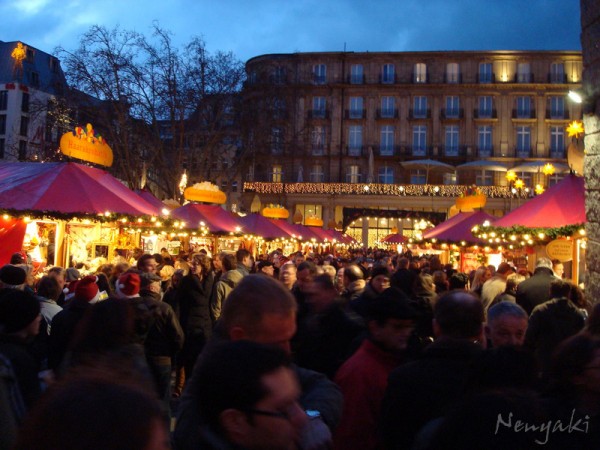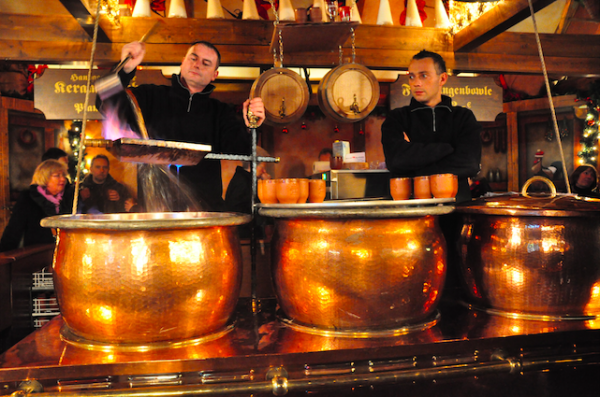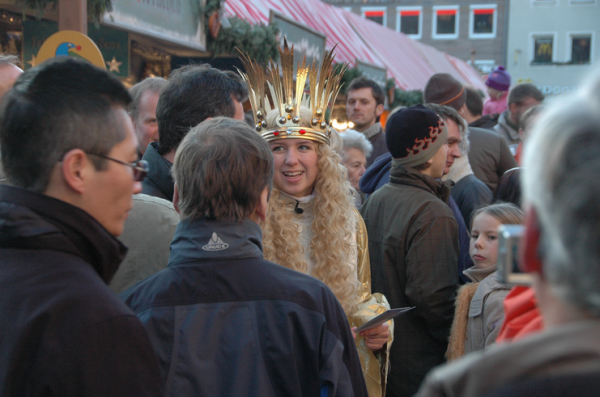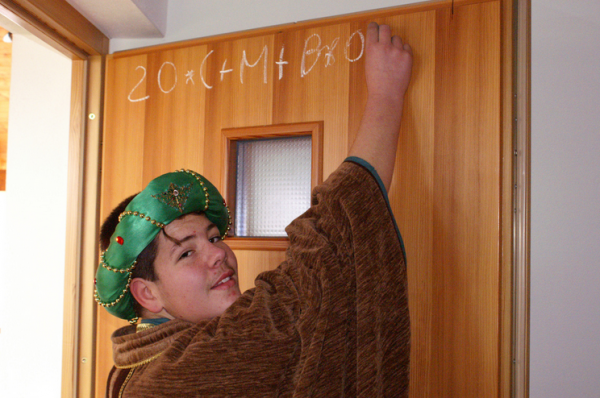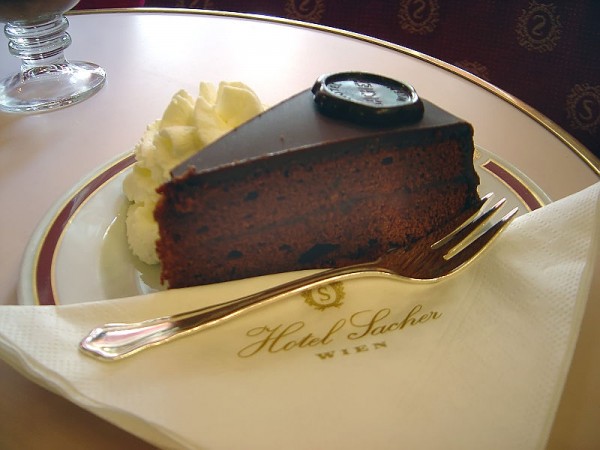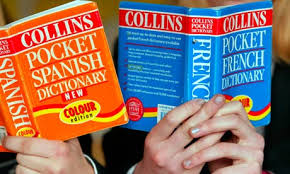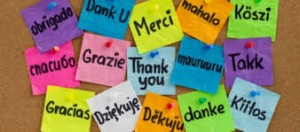3 Books To Get You Excited About Berlin!
Posted on March 17th, 2015by
In German | Leave a Comment »
Berlin, a city once divided in two, still has clear remnants of the wall’s effects today. The more you know about Berlin’s history, its people and the attitudes that have existed there over the last 70 years, the better you can appreciate the city itself. We’ve compiled a small list of books to give you better insight on exactly that, so sit down, grab a cuppa, and get inspired by this fantastic historical hub through literature:
![By Lin Kristensen from New Jersey, USA (Timeless Books) [CC BY 2.0], via Wikimedia Commons](https://www.language-museum.com/blog/wp-content/uploads/2015/03/Timeless_Books-600x390.jpg)
By Lin Kristensen from New Jersey, USA (Timeless Books) [CC BY 2.0], via Wikimedia Commons
1. The Wall Jumper: A Berlin Story, by Peter Schneider.
The Wall Jumper highlights and examines the differences for those living in a bisected Berlin during the time of the Berlin Wall. The story is told through an anonymous narrator, who seems to know people or has had encounters with people who have crossed over the wall. Collecting stories from East Berliners and West Berliners, the narrator shows only his own bias and allows you to make your own opinion on the tales he relates.
The stories range in emotion and purpose, from the seriousness of those escaping the East to family in the West, to the lightheartedness of those simply wanting to watch Western movies. The tone throughout the novel remains quite sombre though there are moments of jocularity. Throughout the reader is reminded of the political climate that the narrator lives in.
The Wall Jumper is an interesting novel that gives you some insight into the history of Berlin before the fall of the wall. That time may have passed but its effects can still be easily seen in the city today. While not a long read, it will give you an unique view of how life was for many Berlin locals post World War II.
2. Slumberland, by Paul Beatty.
Something entirely different to the previous choice is Paul Beatty’s ‘Slumberland’. The narrator here is DJ Darky, and African-American music enthusiast who is on the search for a famous jazz musician called the Schwa. He’s really done his homework in hunting the Schwa down, and we learn a lot about racial attitudes in Germany during this pivotal time based on DJ Darky’s informative breakdown of what he’s found. For what it’s worth, he finds the Schwa in a bar in West Berlin, just before the fall of the wall in 1989.
The writing of this novel is humourous, raw, adversarial, and unique. DJ Darky makes his way through Berlin working at a bar where he encounters black foreigners like himself who have their own take on German society, as well as the white women who mainly want to sleep with him. The novel is racially driven and will tell you as much about Berlin as it may tell you about yourself and shine a light on your thoughts on race, identity and culture. Read this funny novel out for an interesting break from some of the more emotionally heavy stories out there.
3. Pavel & I, by Dan Vyleta.
A dark love story/drama/comedy/tale of epic proportions, this novel is not one to be overlooked. Set during the coldest winter on record in postwar Berlin (1946-47), the story follows a decommissioned GI named Pavel Richter and his fortuitous friendship with an orphan named Anders. The story starts off with a dead Russian soldier in a frozen apartment and gets crazier and wildly more interesting with every page turned.
As a reader, you really get a feel for how Berlin struggles and suffers after World War II. Vyleta depicts a city that is battling to get through the mire, sometimes with indifference, sometimes with hatred, sometimes with overwhelming passion. Without giving too much away this novel has it all; violence, sex, murder, and heartbreaking betrayal. What’s not to love?
***
Did these titles get you excited about Berlin, its culture, history and language? Speaking German will elevate your understanding of the city’s – and country’s – intricacies. Why not contact us and see what German courses we have available in your area?

